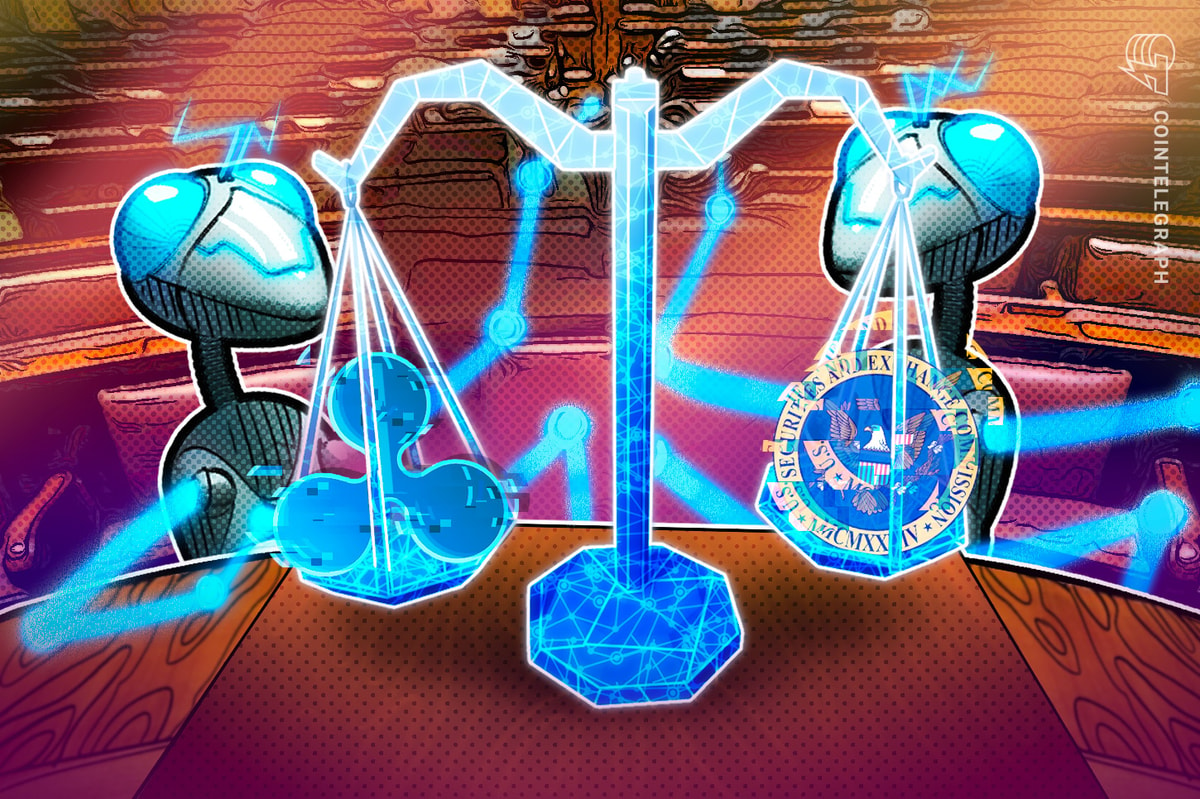Security experts are suggesting that Blockchain technology could replace Social Securities Numbers as identification credentials.
Giving Hackers No Chance

Cyber hacking attacks have risen drastically in the last couple of years, with hackers primarily targeting companies that hold very sensitive data such as social security numbers, credit card numbers, passwords etc. Last month, news broke out that the well-known credit reporting agency, Equifax, was a victim of an elaborate hacking attack. The hackers were able to access the social security numbers, credit card numbers, addresses and other sensitive data of over 143 million U.S. citizens.
In the wake of the data breach, the Trump administration decided to task several federal departments and agencies with the responsibility of coming up with a new identification system in order to prevent such hacks from happening again. According to a recent article by Bloomberg, Rob Joyce, the special assistant to the president and the White House cybersecurity coordinator, suggested that such a new Identity system should be based on a “modern cryptographic identifier.”, which suggests that it would be based on Blockchain technology.
Estonia Is Leading the Blockchain Race

Most countries and governments might not be using blockchain technology for identification yet, but there are a few select countries that see blockchain as the future. Estonia, often regarded as the “Blockchain Nation”, is one example of a country that has implemented blockchain technology into its government infrastructure. It is also worth noting that Estonian eHealth authority is also using blockchain technology in order to keep the medical data of citizens secure and easily accessible.
Analysts suggest that more governments will implement blockchain technology into sensitive infrastructures in order to protect important data from individual or government-sponsored hackers.
What are your thoughts on a blockchain-based identification system? Do you think that more governments will use blockchain technology in the future? Let us know in the comments below.
Images courtesy of Pixabay











